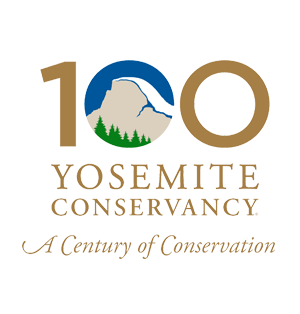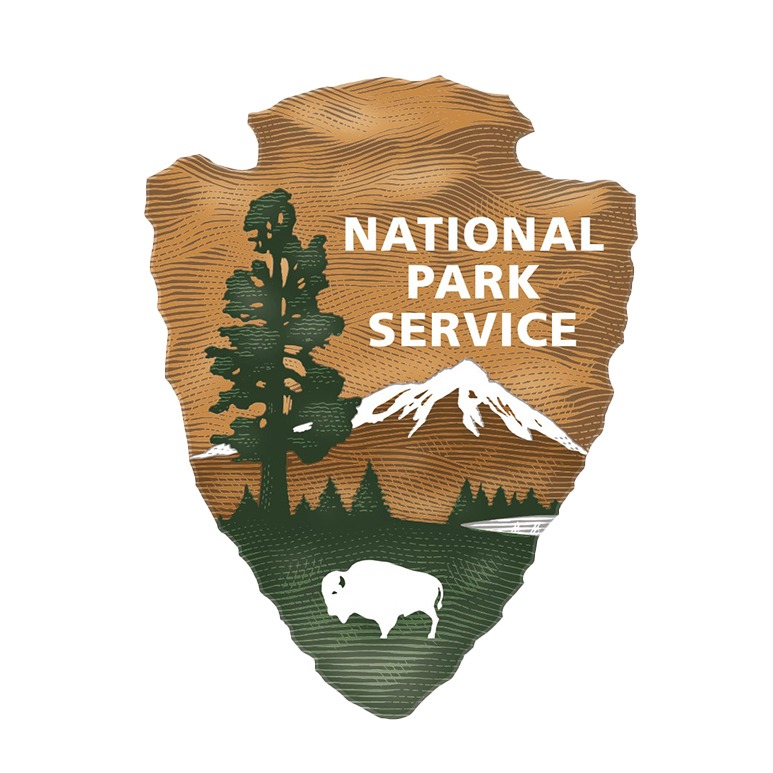Project overview: Develop a comprehensive strategy to guide priorities for park-based scientific research that aligns with long-term goals for protecting wildlife and ecosystems.
How your support helps: Yosemite holds endless inspiration and opportunity for scientific inquiry — from unique geological formations to species found nowhere else in the world. Researchers within the park and from across the country study Yosemite’s birds, glaciers, soil, and sequoias, producing peer-reviewed publications and expanding scientific understanding of the natural world.
While research blossoms throughout Yosemite, the park lacks an overarching plan to guide scientific priorities.
This year: With your support, Yosemite will hire a new science coordinator in 2022 to shape a comprehensive strategy, with the goal of making National Park Service–led research more strategic and efficient, while also keeping track of and learning from the work external scientists conduct in the park. The new “science strategy” will establish a clear process for identifying research priorities, such as protecting wildlife and wilderness, and it will ensure the park can use high-quality research to inform decisions about managing resources.
This much-needed effort will also foster increased collaboration across NPS divisions within the park, as well as with external researchers, Yosemite’s affiliated Tribes, the Sierra Nevada Research Institute, and the Conservancy. Ultimately, the new strategy will help the park identify research gaps and overlaps, better maximize funding efficiency (including Conservancy grants), and boost critical work to ensure the long-term health of Yosemite’s ecosystems.
Project partners: Yosemite National Park; Sierra Nevada Research Institute; University of California, Merced (Yosemite Field Station); and Yosemite’s affiliated Tribes: the American Indian Council of Mariposa County (aka Southern Sierra Miwuk Nation), Bishop Paiute Tribe, Bridgeport Indian Colony, Mono Lake Kutzadikaa, North Fork Rancheria of Mono Indians of California, Picayune Rancheria of the Chukchansi Indians, and the Tuolumne Band of Me-Wuk Indians

